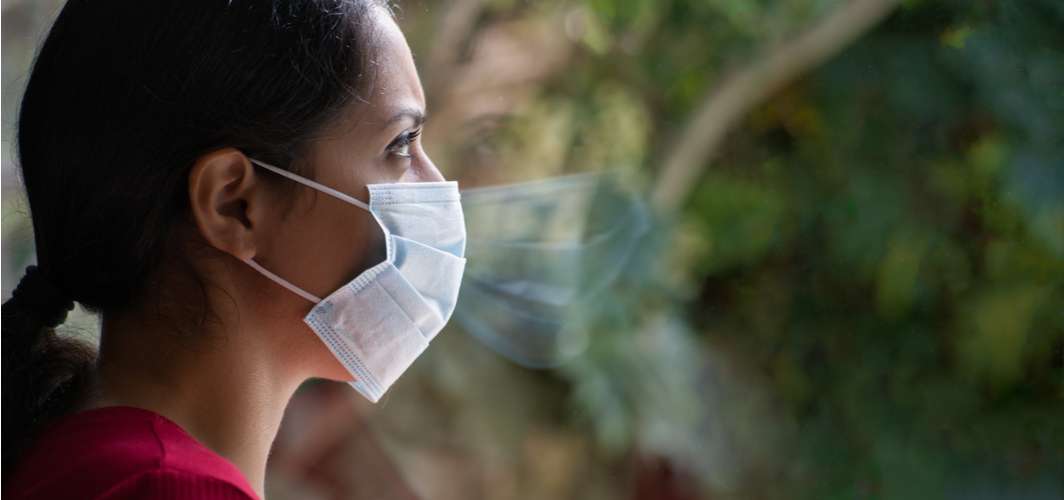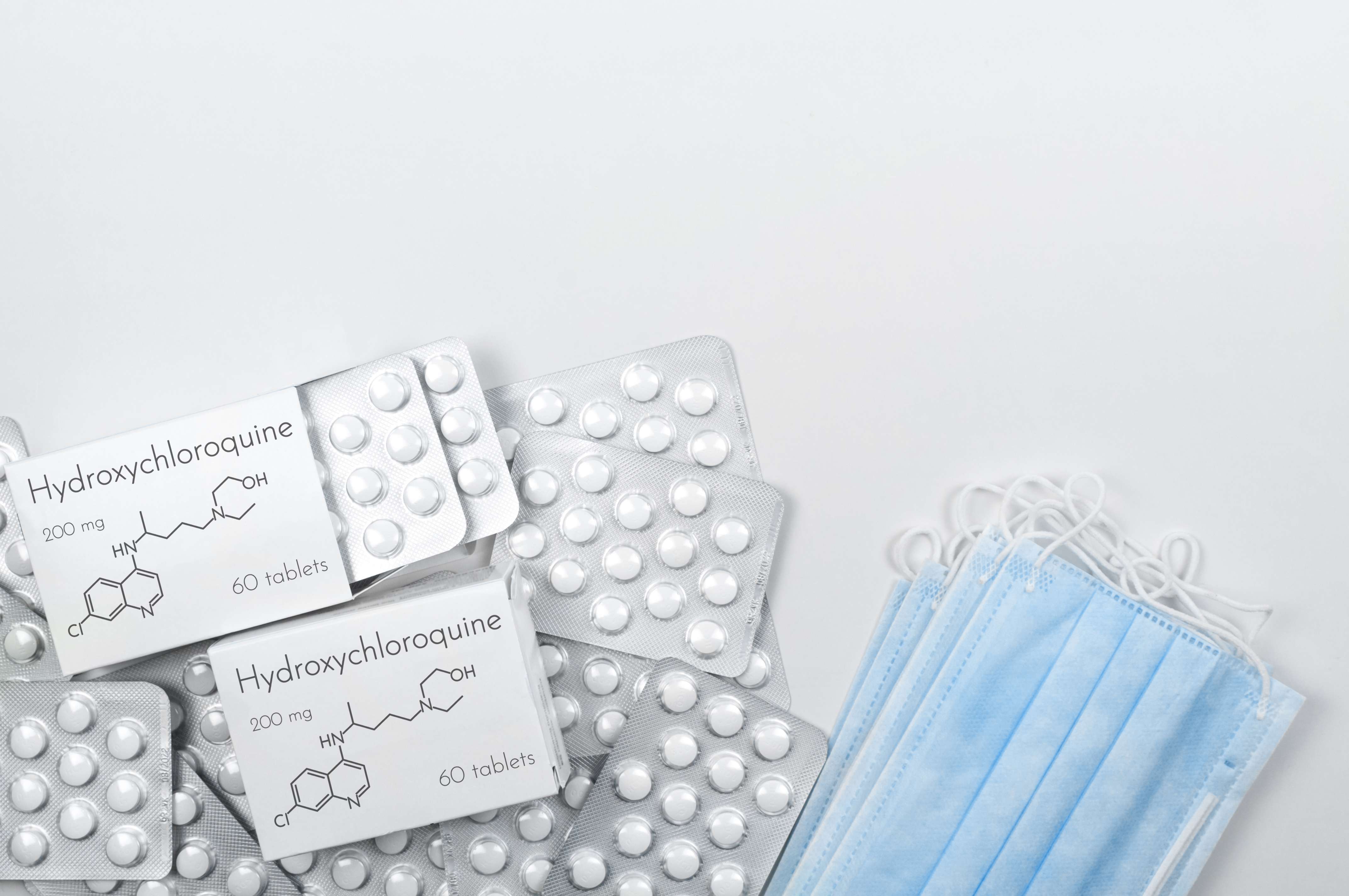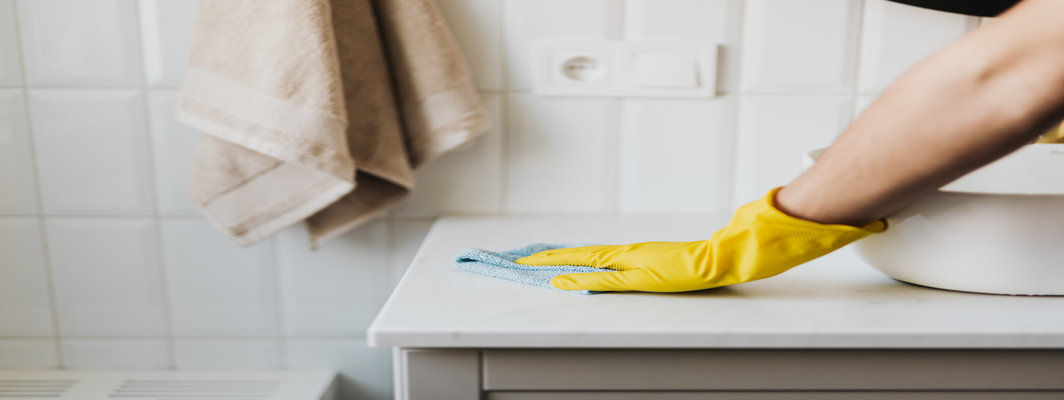Coronavirus Updates
COVID-19 Double Mutant Variant: Should You be Worried?
4 min read
By Apollo 24/7, Published on - 05 April 2021, Updated on - 18 October 2022
Share this article
6
20 likes

In late-March 2021, the Union Ministry of Health and Family Welfare in India announced that a double mutant variant of the COVID-19 has been detected in some parts of India. The announcement was made after a national consortium of labs carrying out genomic sequencing of circulating coronavirus variants found the presence of two mutations in virus samples collected from different states.
The emergence of the new double variant has coincided with a major rise in the daily cases of COVID-19 in India. According to the health ministry, it is still too early to attribute the rise in cases to the new double variant. However, experts believe that the new double mutant variant has the potential to make the virus more infectious, and in some cases, even deadlier.
What is the new double mutant COVID-19 variant?
The double mutant COVID-19 variant has been detected by the Indian SARS-CoV-2 Consortium on Genomics (INSACOG), a group of 10 national laboratories that are carrying out genomic sequencing and analysis of SARS-CoV-2 variants in India. According to INSACOG, the new double mutant COVID-19 variant has two mutations: E484Q and L452R.
The E484Q is an indigenous mutation that is similar to E484K, which was seen in the South African (B.1.351) and Brazilian (P.1) variants of the SARS-CoV-2 virus. On the other hand, the L452R mutation was first detected in the "California variant" (B.1.427/B.1.429) in the US.
Risks posed by the new double mutant variant
- Just like other viruses, the SARS-CoV-2 has continued to evolve or mutate over time. Most of the mutations have not significantly altered the way the virus causes infection. However, some mutations especially those that affect the spike protein, have made the virus more infectious, and in some cases, more harmful. This is true for the UK (B.1.1.7), South African (B.1.351), and Brazilian (P.1) variants of the SARS-CoV-2 virus.
- According to health experts, the double mutations in the spike protein of the SARS-CoV-2 virus can increase the risk of infections, hospitalizations, and fatalities by allowing the virus to evade the immune response and neutralizing antibodies.
- Double mutations in the spike gene can also make the virus “better” at infecting people by allowing it to latch on to human cells more tightly and efficiently. This implies that the double mutations can significantly increase the risk of reinfection for people who have already recovered from COVID-19.
- The increased possibility of reinfections may also adversely affect the prospects of herd immunity. The double mutant variant may have the ability to penetrate herd immunity. This will put the vulnerable groups at the risk of infection and severe COVID-19 complications.
Should we be worried?
It is still too early to establish a direct relationship between the double mutant variant and the increase in daily COVID-19 cases. Out of the several thousand samples sequenced by INSACOG, the double mutant variant has been linked to only 230 cases in Maharashtra, the state which has recorded the maximum cases of COVID-19 in the country. On the other hand, out of the total of 10,787 positive samples sequenced by INSACOG, 736 samples were found positive for the UK variant. Most health experts believe that the double mutant variant detected in India is unlikely to be more deadly or more transmissible. However, they point out that more data is needed to be sure.
What can you do to protect yourself?
The risk of infection can be significantly reduced by following the below-mentioned COVID-19 appropriate behavior:
- Always wear a mask in outdoor settings
- Practise physical distancing in public places (stay at least 6 feet apart from others)
- Avoid touching your nose, eyes, and mouth
- Maintain hand hygiene by regularly washing or sanitizing your hands
- Disinfect commonly touched surfaces and objects
- Avoid unnecessary travel and crowded places
- Get immunised against COVID-19.
How Apollo is helping its customers
Apollo is supporting the world's largest vaccination drive in the safest manner possible by following all government-issued guidelines and regulations. Apollo is offering vaccinations to people aged 45 years and above at low, government-approved prices. Apollo is also enabling COVID-19 vaccinations for various corporates and residential welfare associations.
Apollo’s 24|7 app offers a spectrum of vaccination services. Customers can use it to:
- Book and schedule a COVID-19 vaccination in 3 easy steps
- Speak with a COVID doctor for any queries (a complimentary service)
- Consult specialist doctors before and after vaccination
- Access verified and trusted COVID-19 FAQs and Articles.
Coronavirus Updates
Leave Comment
Recommended for you

Coronavirus Updates
Is Hydroxychloroquine a cure for COVID-19?
There are no treatments available for the Coronavirus presently. However, doctors are trying out various treatment options one of which is the use of Hydroxychloroquine, an anti-malarial drug.

Coronavirus Updates
What Items in the House Need to be Disinfected Regularly?
Surfaces of our household objects are one of the major sources of Coronavirus transmission. Hence, we should disinfect these surfaces regularly using the disinfectants mentioned in this article.

Coronavirus Updates
Does Smoking Increase the Risk of COVID-19?
Smoking damages our immune system, lung function, and reduces our lung capacity. This puts people who smoke at a higher risk for severe illness due to COVID–19.
Subscribe
Sign up for our free Health Library Daily Newsletter
Get doctor-approved health tips, news, and more.
Visual Stories

COVID-19 Home Care: Guidelines for Patients and Caregivers
Tap to continue exploring
Recommended for you

Coronavirus Updates
Is Hydroxychloroquine a cure for COVID-19?
There are no treatments available for the Coronavirus presently. However, doctors are trying out various treatment options one of which is the use of Hydroxychloroquine, an anti-malarial drug.

Coronavirus Updates
What Items in the House Need to be Disinfected Regularly?
Surfaces of our household objects are one of the major sources of Coronavirus transmission. Hence, we should disinfect these surfaces regularly using the disinfectants mentioned in this article.

Coronavirus Updates
Does Smoking Increase the Risk of COVID-19?
Smoking damages our immune system, lung function, and reduces our lung capacity. This puts people who smoke at a higher risk for severe illness due to COVID–19.